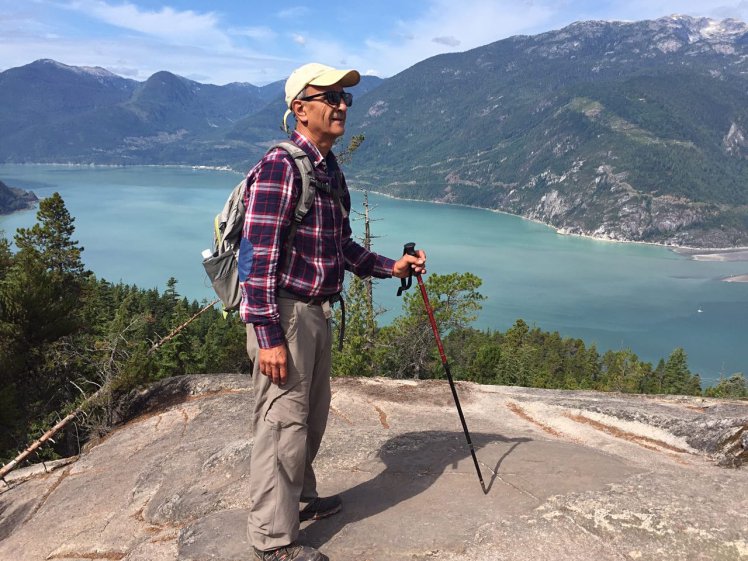Source The New York Times
On the 9th of February 2018, academic and environmental rights defender Kavous Seyed-Emami was found dead in suspicious circumstances while in custody in Evin prison, Tehran. Officials declared that he had committed suicide because of the weight of evidence against him.
Two weeks after Kavous was arrested on charges of spying his wife got a phone call to summon her to Evin prison. Instead of being allowed to see her husband, she was interrogated for several hours and then informed that her husband was dead. In recounting the experience for their two sons, Ramin and Mehran, Ms. Seyed Emami said that the agents had asked about the couple’s friends and parties they had attended. They showed her family pictures and asked her to describe who and what were in them. They inquired about her husband’s environmental work, she told her sons. Did you know, they asked at one point, that he was a spy?
Kavous Seyed-Emami was a well-known Sociology professor and prominent environmentalist leading the Persian Wildlife Heritage Centre a NGO which was dedicated to protecting the world’s last 50 surviving Asiatic Cheetahs. An academic who knew Mr Seyed-Emami told AFP news agency the Iranian academic community was « in shock ». He was one of the best professors, » the academic said. « He was very knowledgeable, very committed – not at all political. He loved Iran and the environment. »
Kavous’s sons Ramin and Mehran, said they decided to ignore warnings from the interrogators and speak out in the hope of pressing the authorities to be more forthcoming about what had really happened to their father and to other prisoners who have died recently under mysterious circumstances in Iran’s prisons.“We want a transparent investigation,” said Mehran, who denied any and all accusations that his father was a spy.
In many respects, Mr. Seyed Emami was an unexpected target of the hard-liners. Softspoken, he always preferred to cooperate rather than challenge the authorities. A sociologist teaching at the conservative Imam Sadiq University, he had always stood out for his liberal, pragmatic approach, believing in gradual change and individual responsibility for making it happen. The only shaven professor on the faculty, he held a Canadian passport and was a fan of the American political philosopher John Rawls.
In his free time, Mr. Seyed Emami, a youthful 64 when he died, led an influential private environmental organization, the Persian Wildlife Heritage Foundation, founded in 2008 by Morad Tahbaz, an Iranian-American entrepreneur. With his Canadian passport, gotten as many Canadian-Iranians had in the 1980s and 1990s, he could have lived in Canada. But he chose to stay in Iran and work for change here. In his classes and through the foundation, he urged his fellow Iranians to work within the system to build the country they desired, despite setbacks they might experience. But lately some authorities clearly found his work at the foundation, which had continued for nearly nine years, suspicious.
As part of its preservation of endangered species, the foundation had set up camera traps to track rare animals like the Persian leopard in the wild. Those cameras, as well as the foundation’s frequent invitations to foreign experts, would figure in the spying charges.
« Mr. Seyed Emami is also among a growing number of prominent Iranians and Westerners, at least six of them Iranian-Americans and others with dual passports, who have been imprisoned in what analysts say is a deadly serious competition between conservatives in Iran clinging to the revolution and those trying to respond to widespread yearnings for change ».
